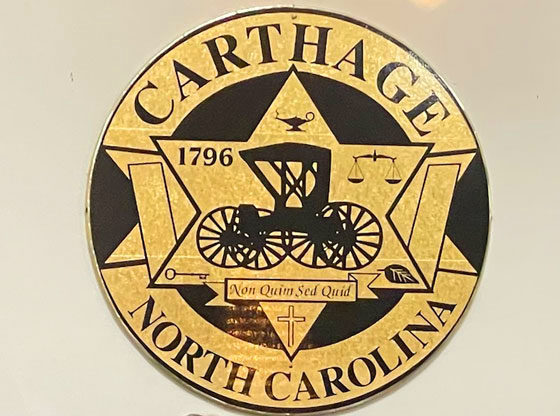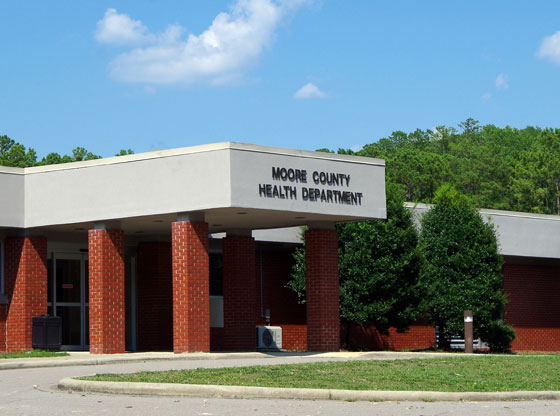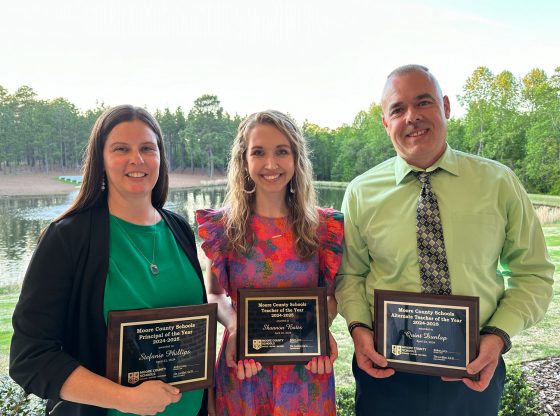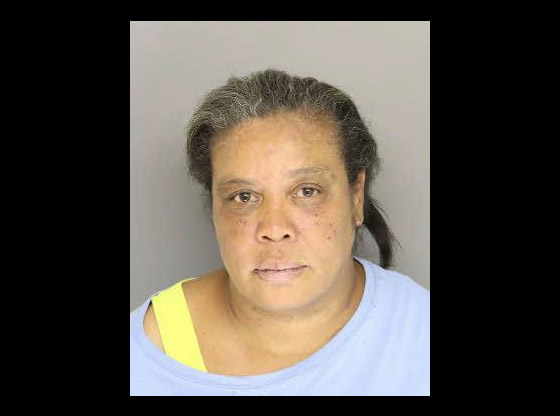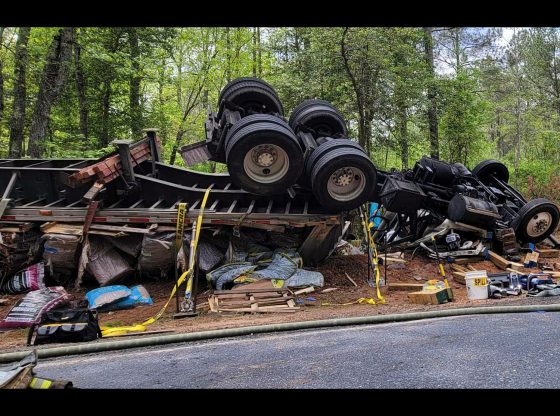The Moore County Commissioners reviewed the property tax reevaluation at its regular meeting on March 9.
Tax Administrator Gary Briggs reviewed the property tax reevaluation progress and said by March 17, 74,000 notices of value will be mailed to the property owners.
After March 17, appeals will be open, and off-site after-hours tax workshops will be held.

Moore County government presents a list of tax evaluation workshop dates March 9, 2023, to be held in late March and April at the Agricultural Center.
An informal tax evaluation appeal process will be available two weeks before the formal process on May 1.
The Agricultural Center will host the formal process from 9 a.m. to 3:30 p.m. in May and June and requires an appointment. The board of equalization and review hears appeals. Contact Moore County Tax Department Customer Service at 910-947-2255 for an appointment.
Property tax bills will be mailed by July 2023.
“Our board made a commitment in our January work session to not increase taxes on our folks this year,” Chairman of the Moore County Commissioners Nick Picerno said in an email to Sandhills Sentinel. “Therefore the tax rate will be reduced. I will personally be voting to lower the tax rate such that the actual tax bill our folks see will be lower than last years bill that they pay so faithfully (decades of a collection rate over 99%).”
In old business at the meeting on Thursday, County Manager Wayne Vest updated the task force goals from the Feb. 9 work session.
Under the budget task force’s goals, the commissioners aim not to create any additional tax burden but to lower the tax rate. They are considering a cost-of-living adjustment of two to five percent and are reviewing enterprise fund rates and the local government employee’s retirement system’s contribution.
The economic task force is working on developing infrastructure, examining the current economic development platform, and future opportunities which sync with the culture. The commissioners want to use college for local job training and plan to reduce red tape for small business growth.
The Land Use Plan (LUP) and Unified Development Ordinance (UDO) task force is headed by Chair Nick Picerno and Commissioner John Ritter, who plan to reconcile the LUP and UDO with the planning board. The LUP’s long-term goals are to use a committee to update the LUP. They want to review the definition of major subdivisions and conservation subdivisions. They are reviewing the review of two processes, which are the quasi-judicial or subdivision review board.
Picerno introduced a motion, which unanimously passed, to amend the goals of the LUP and UDO to establish the county as a leader in promoting faith, family and freedom.
“I recognize this goal is fluid and could change,” Picerno said.
The law enforcement and veterans’ task force’s goals are to use county reserves and develop a list of priorities, attain more mental health rooms at First Health Moore Regional Hospital, and meet the sheriff’s department’s needs.
The legislative task force’s goals are to attain responses from legislators, eliminate the tier system, develop a resolution system and create family and tier system resolutions, which have been sent to legislators.
The opioid task force’s goals are to accept further funding, prepare for April 4 agenda approval items for establishing a selection group and setting funding parameters, and include this in the budget amendment.
The solid waste task force reviewed recycling effectiveness and rates, restrictions of load sizes of construction and demolition materials for collection sites, and the best future options, signage and additional collection sites and equipment. The task force’s goals are to determine whether to control the amount of material entering sites, support methane control, and explore biofuels.
Under the water and sewer task force’s goals, the commissioners want to secure a future water supply, update contracts, expedite future wells, evaluate Robbins’ facilities and update the infrastructure policy with developers.
A request for approval of requests for opioid settlement funding passed unanimously.
County Attorney Misty Leland presented key points on the process for applicants in the opioid settlement funding requests and the approval process.
As stated above in the task force’s goals, the board is working on establishing a team to oversee applications, reviews and approvals.
“Before we can spend one cent, the board will need to authorize a resolution,” Leland said about providing a report on implementing strategies, financial statements and impact reports to the state and county.
Key Points on Opioid Settlement Funding Requests
*Applicants must submit a one-year budget.
*There is no cap on funding requests.
*Applicants may file jointly if they have worked together in the past and will be doing something new.
*Contracts will be awarded based on effectiveness.
*Applicants must have three years of proven success in reducing opioid-related deaths.
*Quarterly budgets needed, and funding will be awarded quarterly after reviews.
*An audit of finances, background qualifications, facilities, and certifications will be required by all applicants.
*Applicants must show plans on how to help Moore County citizens.
*Applicants must show letters of support and three references.
The commissioners last discussed the opioid crisis at the Feb. 21 regular meeting, which may be read here.
~Written by Sandhills Sentinel Journalist Stephanie M. Sellers. Contact her at [email protected]






